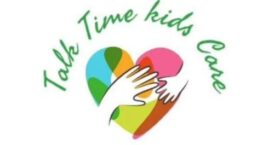Developmental delay refers to a condition where a child does not reach developmental milestones at the expected times. This delay can occur in various areas, including motor skills, speech and language, cognitive abilities, social and emotional development, and adaptive behavior. Developmental delays can be caused by a range of factors, such as genetic conditions, prenatal or birth complications, environmental influences, and medical issues. Early detection and intervention are crucial, as they can significantly improve the child’s progress and outcomes by providing targeted support and therapies tailored to their specific needs.

Interventions for developmental delay often involve a multidisciplinary approach, including healthcare providers, therapists, educators, and family members. Treatment plans may incorporate physical therapy to enhance motor skills, speech therapy to address communication challenges, occupational therapy to develop daily living skills, and behavioral therapy to support social and emotional growth. Early intervention programs are particularly effective, as they leverage the plasticity of a young child’s brain to foster developmental gains. With appropriate support and resources, many children with developmental delays can make substantial progress and achieve their full potential, improving their quality of life and long-term prospects.
